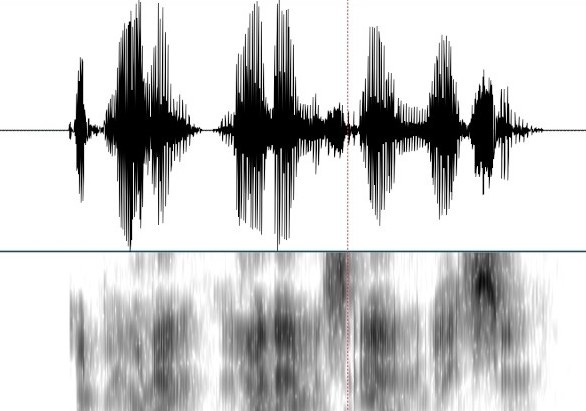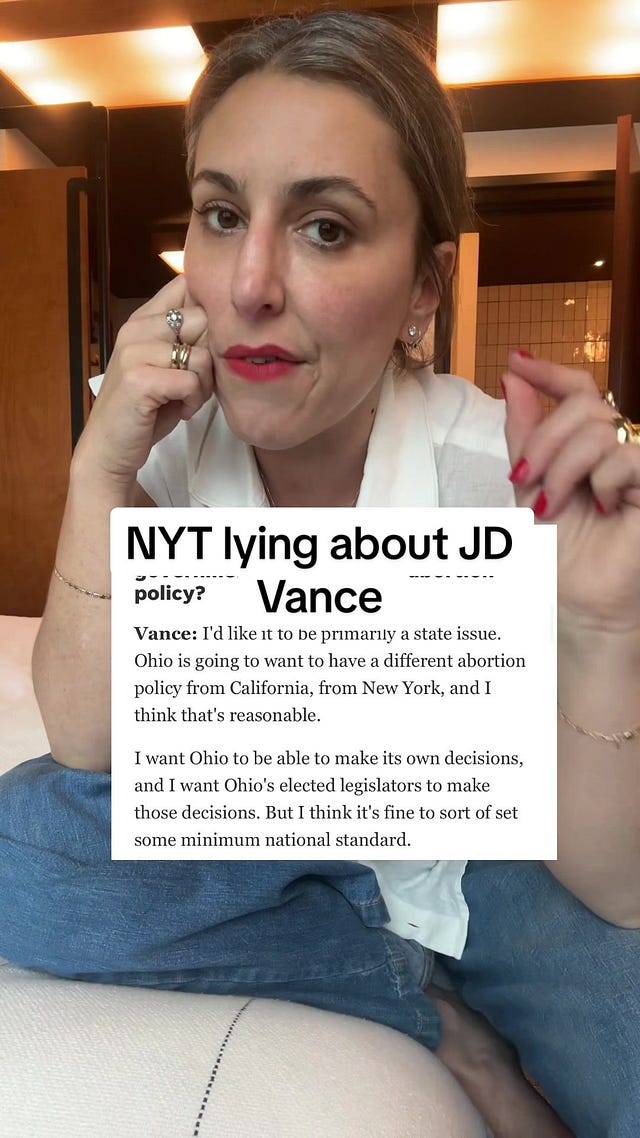
I promised you something about notions of home and food this week, but who was I kidding? There is no point in writing about anything at the moment except the U.S. election. I am not American and have never lived full-time in the U.S. but some of my dearest and closest friends reside there and please know, this election affects all of us, especially women, minority groups, immigrants, refugees and yes, theoretically even multilingualism. All of my American friends are stressed, worried and scared and I hate it so much. We got our Labour win in the UK and now, the same has to happen in the U.S. because too much is at stake. I loved this from
over at Tea Notes on ways to feel less terrible about the election. For The Cut, Lynne Steger Strong wrote beautifully, as always, about pre-election week, and if you haven’t seen it yet, I urge you to watch the great Michelle Obama on what will happen to women’s rights and women’s health if Trump wins, a message especially for the men.Now, where do I begin with the recent language? REDACTED (I had some of the FFS quotes here from the NY rally but decided to delete because none of us needs to hear more monstrosity.) I keep texting friends and murmuring to myself, “how is this happening?” and “This cannot be real.” But it is and as with so many devastating and horrible things happening in the world right now, there is so much to say and yet, nothing left to say at all except this must stop and please vote!
But I want to draw your attention to something else about language and another exceptional person who I have linked to here before:
at Abortion, Every Day. Valenti has written about the language of abortion leading up to this election and highlighted The New York Times interactive article from earlier this week. It is about the language Trump has used on abortion rights, and how it has changed over time to attempt to move away from an anti-abortion stance for the public despite his core belief there should be a federal ban on abortion. And in case it is not clear, abortion is healthcare and language always matters.From the NYT:
“Mr. Trump’s ambiguous or even contradictory statements can allow voters to hear whichever message they want to hear, political analysts said.”
And this:
“Celinda Lake, a Democratic pollster, said Mr. Trump was giving mixed messages because he was trying to hold onto the support of evangelical voters while also trying to win back moderates who have turned against him because of his role in overturning Roe.”
And then there is the use of “minimum national standard” which, as Valenti explains in her newsletter, is exactly the same as a federal ban on abortion.
“Last week, the Times finally explained how Republicans are using the term ‘minimum national standard’ and asked the Trump campaign how he distinguishes between the term and an abortion ‘ban.’ A spokesperson simply responded: “He will not support a federal abortion ban.” That tells you everything you need to know.”
And as always, mainstream media like the NYT can also alter or completely change a message with one line, so always read between the lines and be vigilant of every public, political and media message from every outlet. And please vote if you can, I am crossing everything for a Kamala win.
Voices Lost, Voices Heard & Listening to Birds
It is not unusual for me to be left speechless when I am doom-scrolling but as soon as I saw the recent news from Afghanistan, I noticed I was holding my breath while staring at my screen. According to media outlets, after the Taliban’s ban on women’s voices outside of the home a few months ago, women are now banned from hearing other women’s voices. What? How? There are truly no words for this cruelty and again, monstrosity.
In France, the incredible Gisèle Pelicot used her voice so that so many other victims of rape could hear and see they are not alone and the shame always belongs to the abusers and rapists, not to the victims. Pelicot took the stand in the case against her former husband who drugged her in order that he and dozens strangers could allegedly rape her from 2011 to 2020. There is no scenario where she had to be a hero here and yet, she truly is.
And if these patterns of violence against women around the world are too much to bear, because they truly are, I offer a moment of respite and leave you with the birds in this beautiful story by one of my favourite writers, Rivka Galchen. Many songbirds learn a begging call, or yes, a mother tongue (!) from their mothers while still in ovo. And also, this by Galchen on language change, even for birds:
Language is often cited as the quality that distinguishes us as humans. When I asked Robert Berwick, an M.I.T. computational linguist, about birds, he argued that “they’re not trying to say anything in the sense of James Joyce trying to say something.” Still, he and Kleindorfer both pointed out that humans and songbirds share a trait that many animals lack: we are “vocal learners,” meaning that we can learn to make new sounds throughout our lives. (Bats, whales, dolphins, and elephants can, too.) “To me, the most amazing thing is that every generation of vocal learners has its own sound,” Kleindorfer said. “So, just like our English is different from Shakespeare’s English, the songbirds, too, have very different songs from five hundred years ago. I am sure of it.” We humans have long tried, often mistakenly, to differentiate ourselves from nonhuman animals—by arguing that only we have souls, or use tools, or are capable of self-awareness. Perhaps we should see what the birds have to say.
Thank you for reading and take care of one another.





